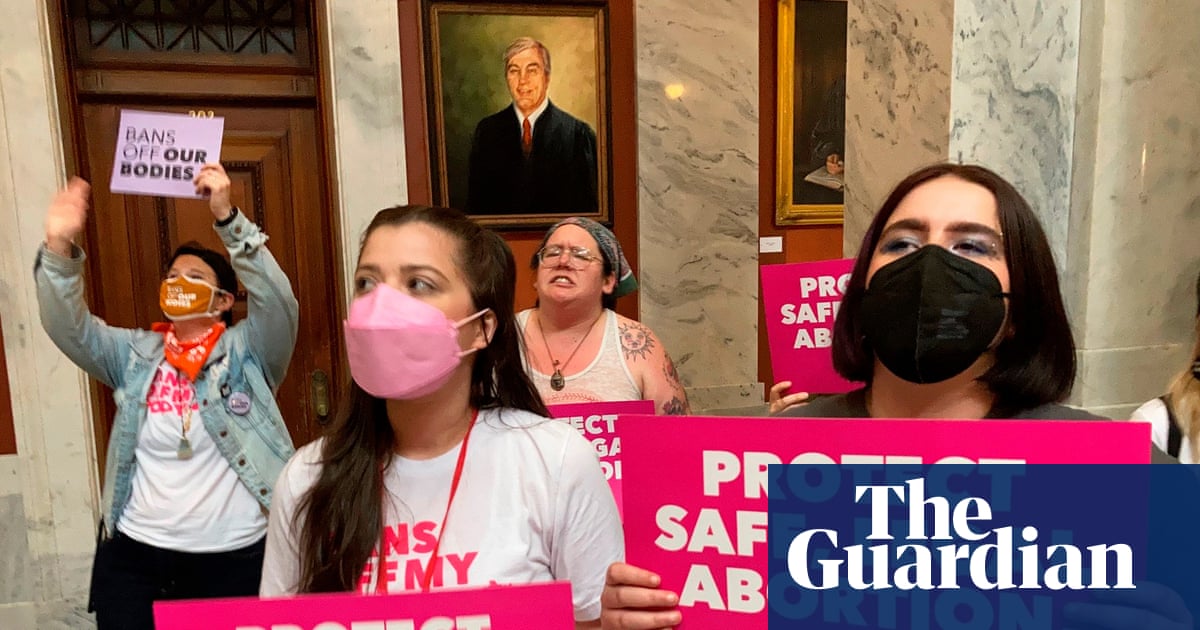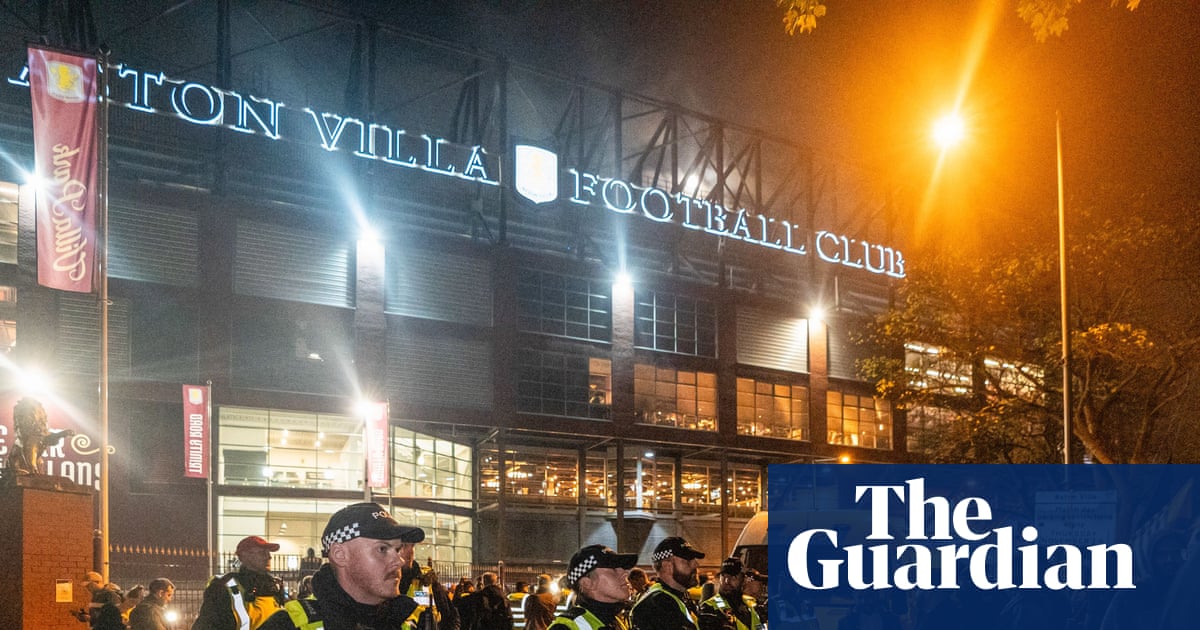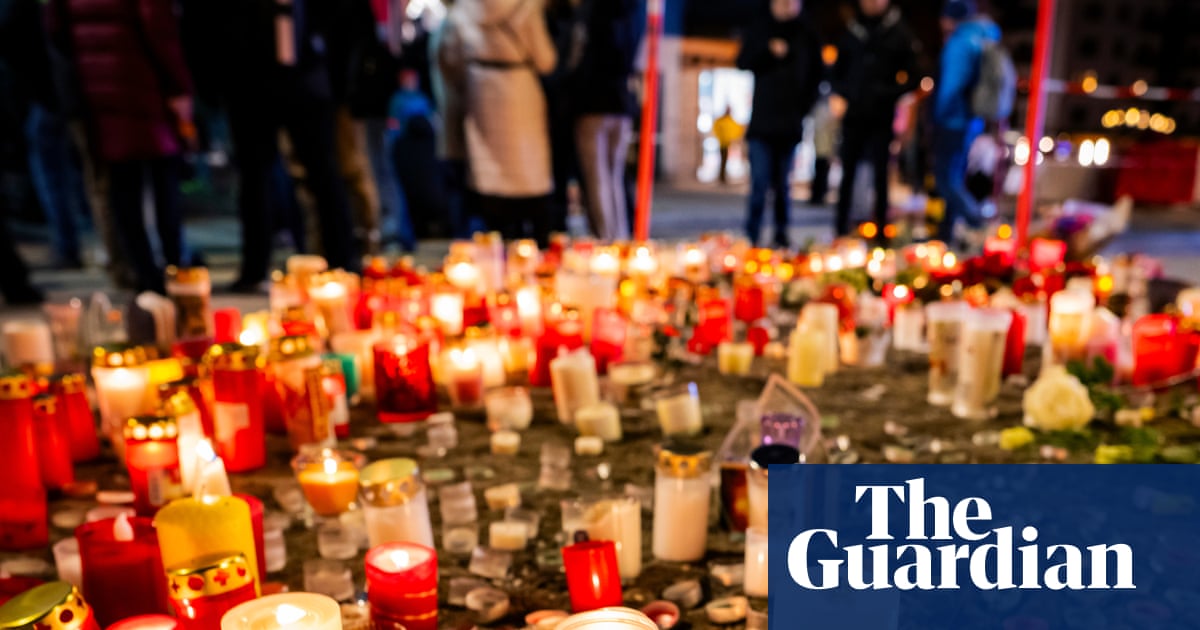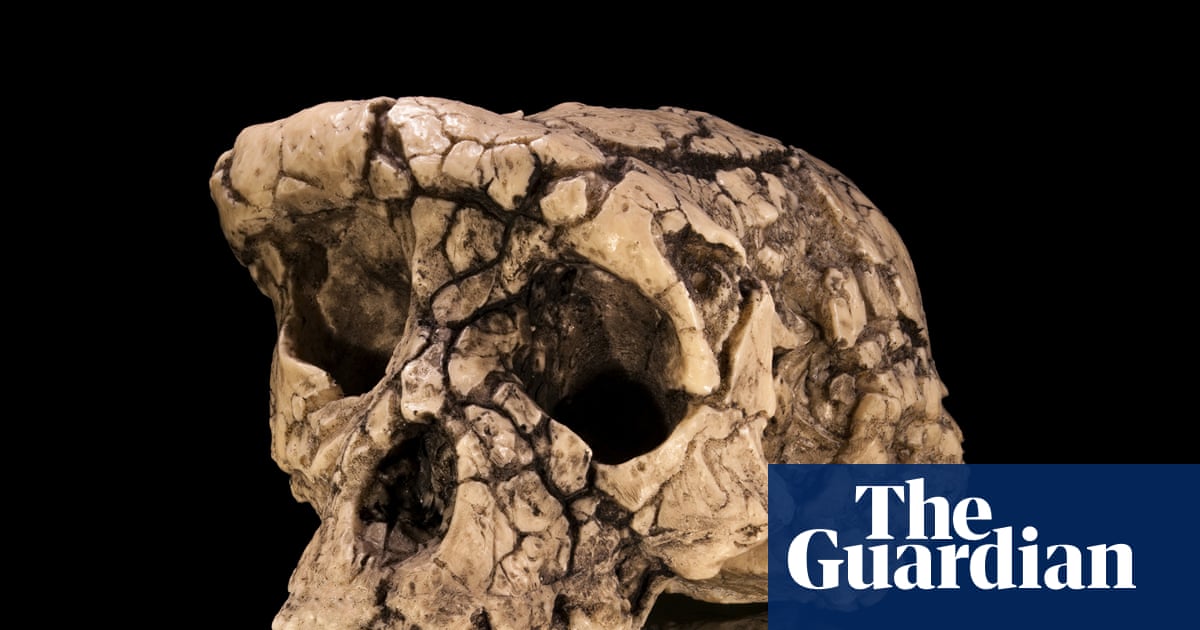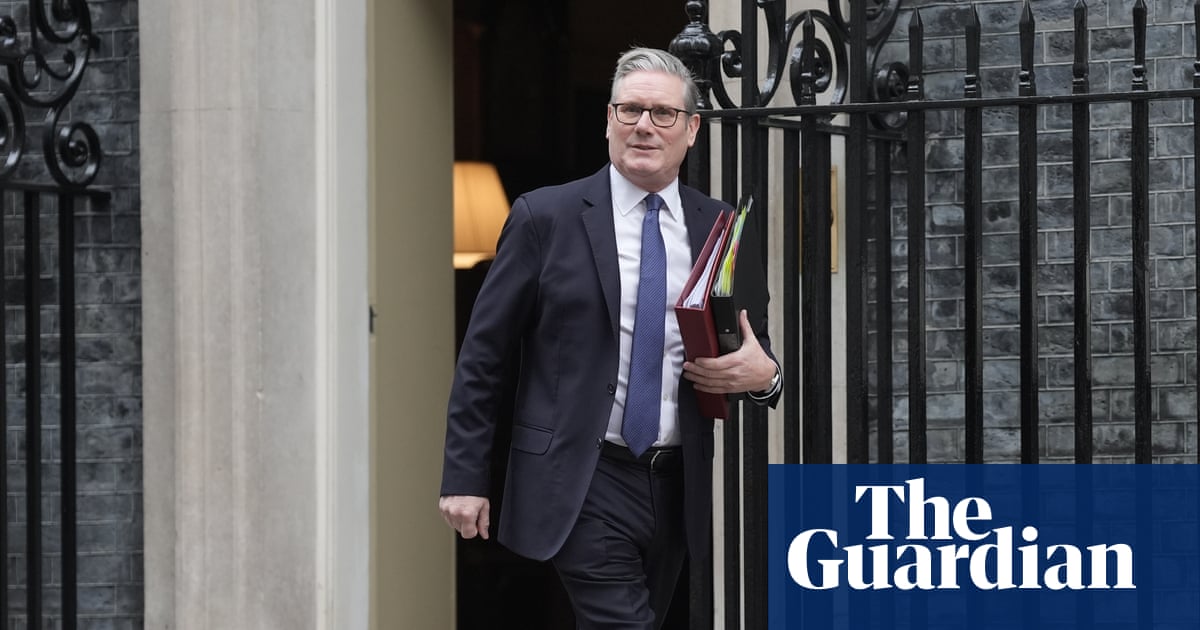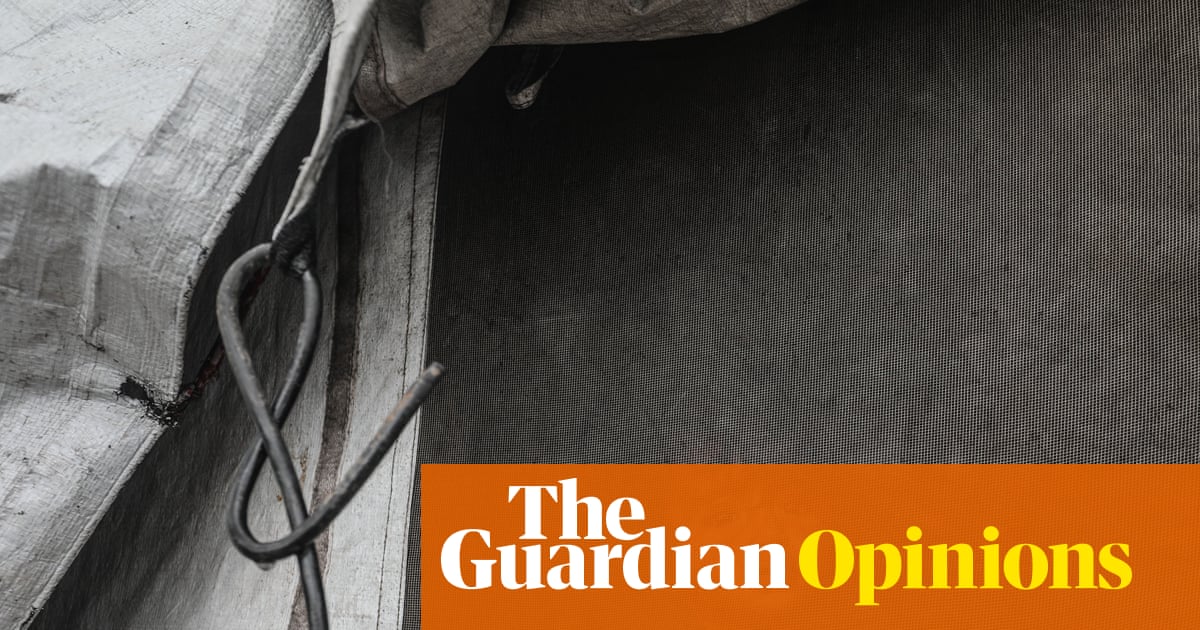When Emmanuel Macron announced that France intended to recognise Palestinian statehood, he drew a furious rebuke from Israel – and caused a diplomatic storm with the US. Israel’s prime minister, Benjamin Netanyahu, wrote a letter accusing the French government of failing to “confront the alarming rise of antisemitism” in France, adding the harsh and unequivocal assessment: “Your call for a Palestinian state pours fuel on this antisemitic fire.”
In the same letter, he praised Donald Trump’s action to “protect the civil rights of American Jews”.
The French president’s office responded by condemning Netanyahu’s remarks as “abhorrent”. France had “no lessons to learn when it comes to fighting antisemitism”, said Benjamin Haddad, the French minister delegate for Europe.
But the US ambassador to France, Charles Kushner, backed the Israeli prime minister in an open letter to Macron in the Wall Street Journal. Kushner, whose son is married to Donald Trump’s daughter Ivanka, claimed that recognising a Palestinian state would “embolden extremists … and endanger Jewish life in France”.
In a highly unusual step, Kushner was then summoned after the French foreign ministry said his allegations were “unacceptable” and a violation of the international legal duty not to interfere in the internal affairs of other nations.
Kushner was not wrong to say antisemitism in France is a serious concern: it has been a stain on the country’s history for centuries. Murders, assaults and other crimes targeting Jewish individuals and communities have heightened a sense of fear over the last two decades. Since Hamas’s attack on Israel on 7 October 2023, the number of antisemitic incidents – including physical violence, threats and property damage – has surged.
More broadly, France has struggled to tackle the racism that permeates its society. The National Consultative Commission on Human Rights reported this year an “explosion of racist acts” (including antisemitism), which have reached “an unprecedented level since data collection began”. I have repeatedly discussed racist crimes targeting Muslims in these columns. Yet, there is still no institution with sufficient resources to address systemic racism.
But we can condemn this failure to tackle racism in France, while refuting the claim that it is in any way connected to recognising Palestine’s right to exist.
When Kushner asserts that “anti-Zionism is antisemitism – plain and simple”, he is deliberately sowing a dangerous confusion. And while France’s pledge on Palestine marks a first for a G7 country, it is worth remembering that, globally, recognition is the norm: 147 of the 193 UN member states – including several within the EU – currently do so.

Considering the genocide in Gaza, recognising Palestine now appears to be an overdue imperative. Israel has devastated nearly all of Gaza and continues its violent colonisation of the West Bank in defiance of international law – with the Israeli army and settlers killing Palestinian civilians daily. Against this backdrop, what is the practical meaning of announcing now that we are ready to recognise the Palestinian state? For years, Gaza has been condemned as an open-air prison perpetrated as an act of apartheid. The Israeli government’s rejection of a Palestinian state stems from its broader project to annex both Gaza and the West Bank. Under such circumstances, what territory would even be left to recognise? Netanyahu’s letter to Macron seeks to deflect attention from a far more troubling agenda: the systematic erasure of the Palestinian territories and Palestinian identity.
Macron’s “solemn announcement” to the UN general assembly on Palestine is planned for next Monday, 22 September. Wouldn’t it be a better first step for France to announce concrete sanctions against Israel? Netanyahu is under an international arrest warrant for war crimes and crimes against humanity, yet he was allowed to use French airspace when travelling to the US in July.
While the EU has announced its 19th package of restrictive measures against Russia over the “war of aggression against Ukraine”, it has, to this day, imposed no sanctions whatsoever on Israel.
The association agreement binding the EU to Israel, conferring trade and other economic privileges on the country, remains in force, even as Israel deliberately orchestrates a famine in Gaza. According to an investigation by the website Disclose, France continues to supply military equipment to Israel “regularly and continuously” and even helps finance the Israeli arms industry. France’s armed forces ministry denies these claims, but Amnesty International denounces a troubling lack of transparency. How can France credibly call for the autonomy of a state it is simultaneously helping to destroy?
after newsletter promotion
The US, for its part, is hardly in a position to lecture others on respecting citizens’ rights. Trump’s campaign rallies before his first term were followed by a rise in hate crimes, including antisemitic incidents, research showed. An Amnesty International report on the first 100 days of Trump’s second term, described them as an “assault on human rights”.
In his response to Netanyahu, Macron rightly denounced the Israeli leader’s remarks as “manipulation”, stressing that France is grappling with “the instrumentalisation of a conflict that does not belong to us but weighs heavily on our national cohesion and the security of our citizens”.
But the shift from an initially pro-Israel stance to supporting the recognition of Palestine is more about Macron’s need for a lasting legacy. His domestic leverage has been severely clipped since his 2024 decision to call a snap election.
Having fuelled social and political turmoil at home, by refusing to listen to voters, Macron is turning to the international stage to rescue his reputation. Recognising Palestine years ago would have been a helpful step when a two-state solution seemed possible. Doing it now to help burnish his image on the global stage feels like a cynical and hollow gesture.
-
Rokhaya Diallo is a Guardian Europe columnist

 3 months ago
115
3 months ago
115


